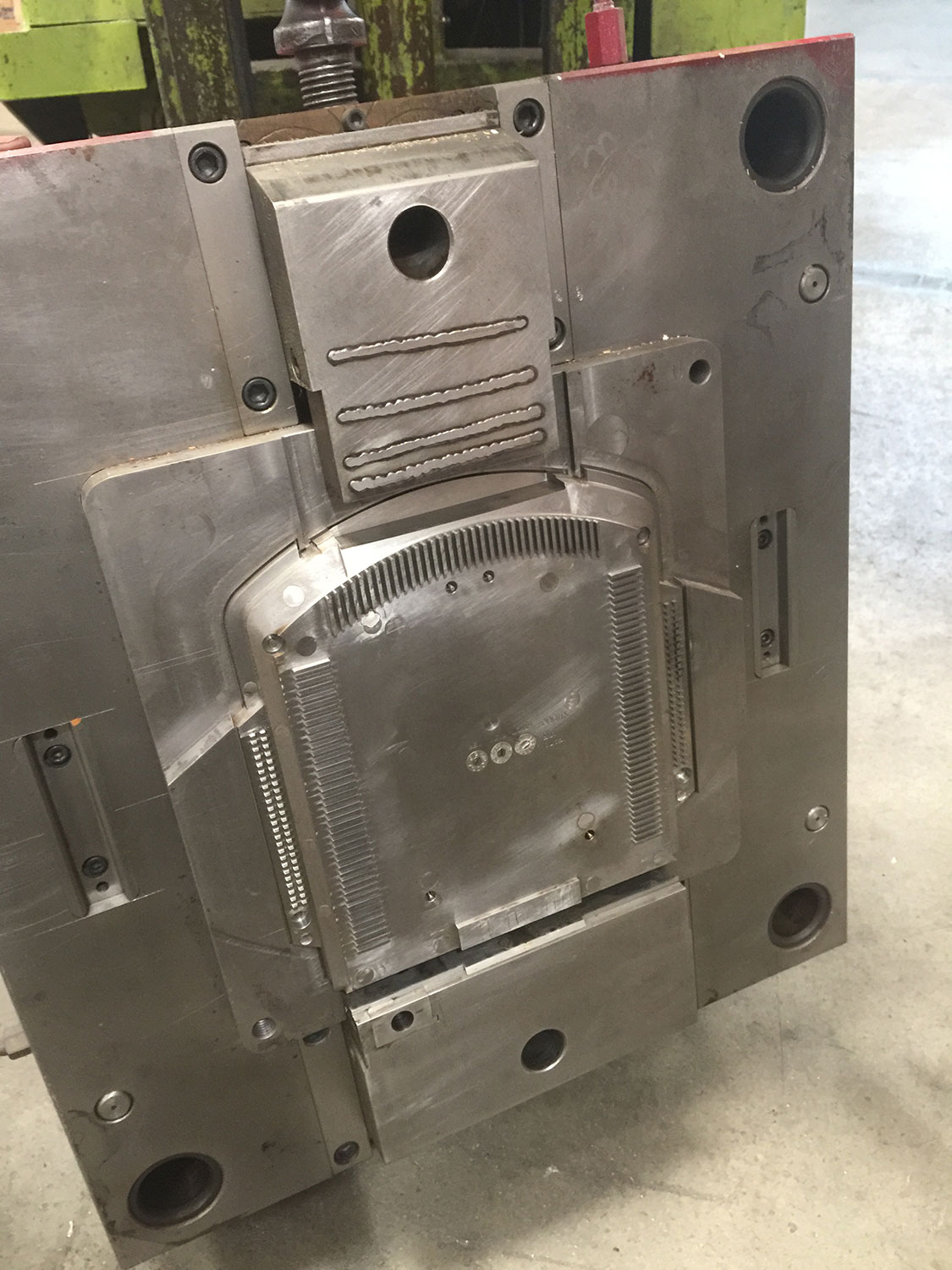Seeing a lot of threads lately and I'm growing more curious about the development process. Some things immediately come to my mind, such as the re-use of assets, but what other methods do y'all use to cut down development time significantly?
Considering that fewer games are being released by major studios than ever before because of how much longer they take to create, is there any method or technology on the horizon that will help facilitate the process more efficiently? Or is the process forever destined to take longer as years go on?
Considering that fewer games are being released by major studios than ever before because of how much longer they take to create, is there any method or technology on the horizon that will help facilitate the process more efficiently? Or is the process forever destined to take longer as years go on?


